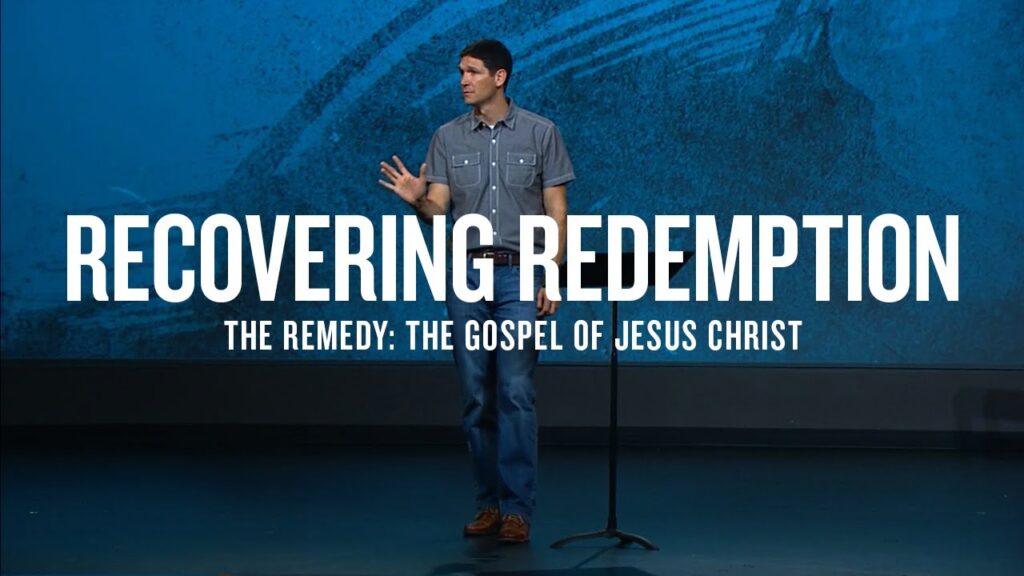
Addiction is a complex and challenging issue that impacts millions of lives worldwide, often leading individuals to feel trapped in destructive patterns of behavior. While secular treatments often focus on the psychological and physiological aspects of addiction, the Bible provides a holistic and transformative perspective on recovery. A biblical approach to addiction emphasizes sanctification—the process of being made holy—as the foundation for lasting change and true sobriety.
The Need for Sanctification in Addiction Recovery
Addiction is not merely a physical problem but a spiritual issue that reflects humanity’s fallen nature. According to Scripture, all have sinned and fallen short of the glory of God (Romans 3:23). Addiction, in many ways, mirrors the power of sin over a person’s life, leading them to pursue false comforts and temporary relief outside of God’s design. Recovery, therefore, must go beyond the cessation of addictive behaviors and focus on the deeper issue of sanctification.
Sanctification is the process by which God transforms believers to become more like Christ. It involves turning away from sin and living a life of holiness (1 Thessalonians 4:3). Addiction recovery through sanctification involves more than just trying to quit destructive habits—it is about a complete spiritual transformation. By focusing on Christ, addicts can begin to experience freedom from the power of sin, including addiction.
Grace and Power for Transformation
The starting point for any recovery process is the grace of God. Ephesians 2:8-9 reminds us, “For by grace you have been saved through faith. And this is not your own doing; it is the gift of God.” The grace of God is not only the basis of salvation but also the power for transformation. While addiction can often leave individuals feeling powerless, the gospel assures believers that God’s grace is sufficient to break the chains of addiction.
In 2 Corinthians 12:9, Paul writes, “But he said to me, ‘My grace is sufficient for you, for my power is made perfect in weakness.’” This verse offers a promise that God’s power is made evident in the believer’s weakness, which is crucial for those struggling with addiction. Sobriety is not achieved by human effort alone but by relying on God’s grace to empower them to overcome temptation and sinful desires.
The Role of the Holy Spirit in Sobriety
Central to sanctification is the work of the Holy Spirit. When a person becomes a believer, the Holy Spirit takes residence within them, enabling them to live in accordance with God’s will (1 Corinthians 6:19). The Spirit helps believers to resist temptation, renew their minds, and develop self-control, a key fruit of the Spirit (Galatians 5:22-23). Addiction often thrives in the absence of self-control, but through the Holy Spirit, addicts can develop discipline and learn to rely on God for strength.
Walking in the Spirit is the key to breaking free from addiction. Galatians 5:16 urges, “But I say, walk by the Spirit, and you will not gratify the desires of the flesh.” The process of overcoming addiction is not about willpower alone, but about submitting to the Spirit’s guidance and allowing Him to produce lasting change in one’s life.
Community and Accountability in the Recovery Process
Sanctification is also deeply connected to community. Hebrews 10:24-25 encourages believers to “stir up one another to love and good works, not neglecting to meet together, as is the habit of some, but encouraging one another.” The church plays a vital role in the recovery process by offering support, encouragement, and accountability.
Addiction thrives in isolation, but the fellowship of the church provides a safe space for those struggling with addiction to confess their struggles, receive prayer, and be encouraged in their journey toward recovery. Engaging with a community of believers helps individuals stay focused on their faith and continue to grow in holiness.
Conclusion: True Sobriety in Christ
True sobriety, from a biblical perspective, goes beyond the cessation of addictive behaviors—it involves a heart and life transformed by the grace of God. Sanctification is the key to breaking the chains of addiction, as it leads to a life of obedience to God, empowered by His grace and the Holy Spirit. Through sanctification, addicts can experience lasting freedom, not just from substances or behaviors, but from the power of sin. As 1 Thessalonians 5:23-24 assures us, “Now may the God of peace himself sanctify you completely, and may your whole spirit and soul and body be kept blameless at the coming of our Lord Jesus Christ. He who calls you is faithful; he will surely do it.”








